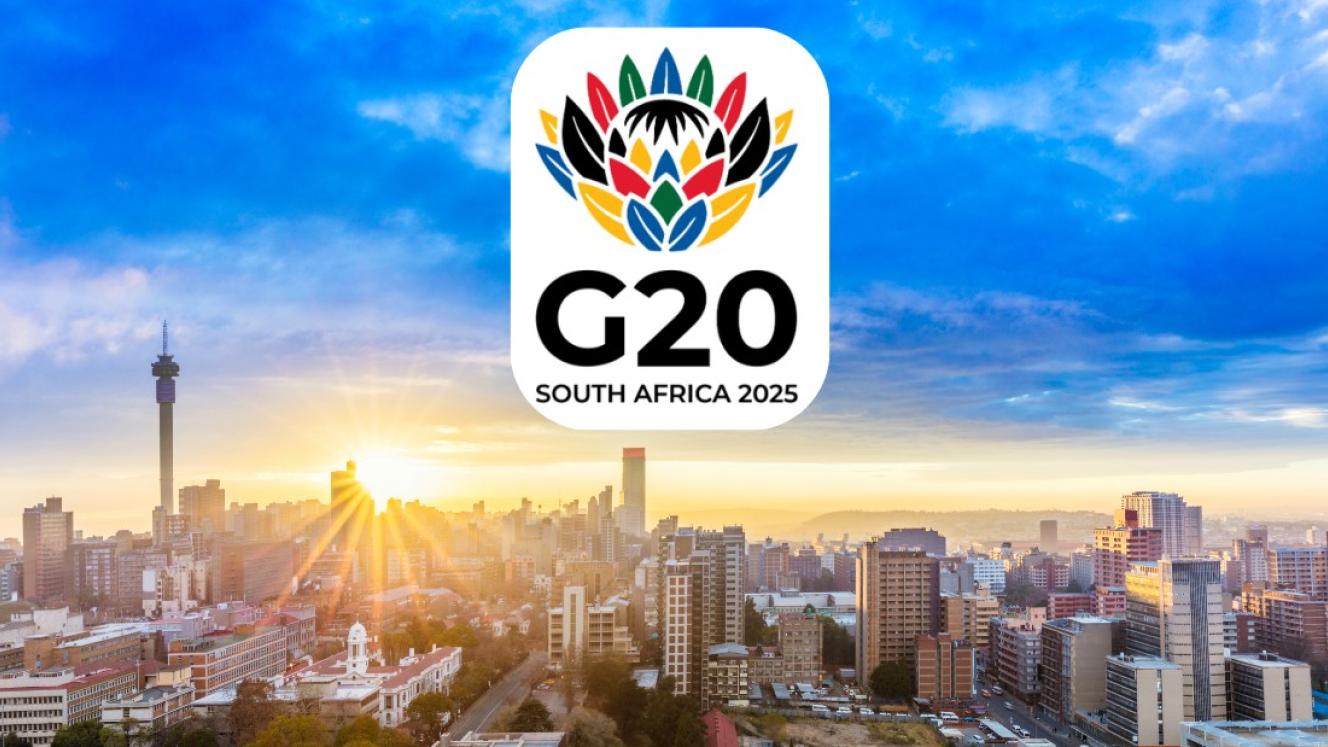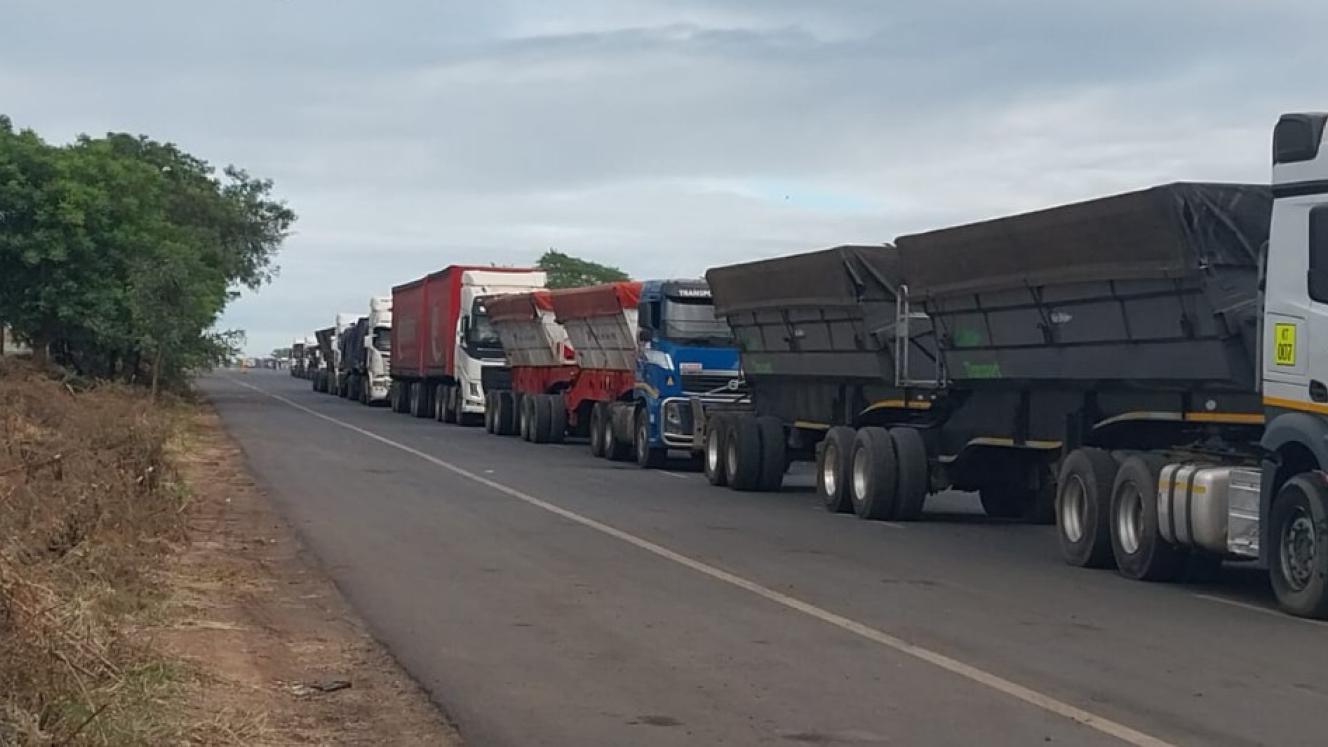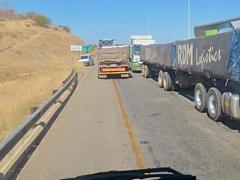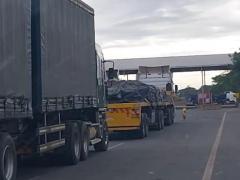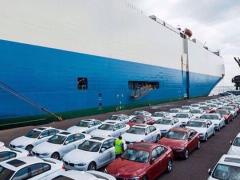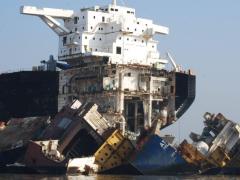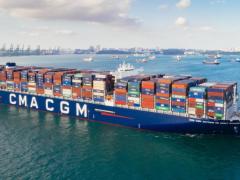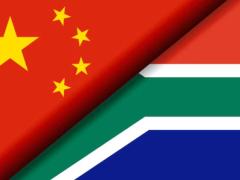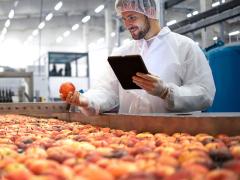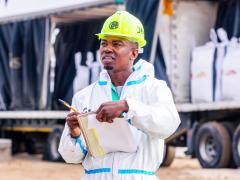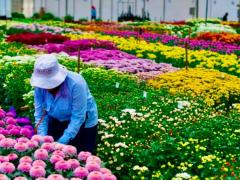South Africa is preparing to host the G20 summit this week with an ambitious trade agenda, even as several world leaders have confirmed their absence, among them Chinese President Xi Jinping.
The Sandton summit, to be held from November 22-23, comes at a time of growing global trade tensions and fractured supply chains.
The Department of Trade, Industry and Competition (the DTIC) has highlighted several trade and investment priorities.
These include inclusive growth and an Africa-centred trade approach, with the launch of a G20 Africa Cooperation Agenda to integrate African economies more effectively into global trade.
The summit also aims to advance a responsive trade and investment agenda, bringing global trade in line with pressing challenges such as climate change, food security, pandemic preparedness, and resilient supply chains.
In addition, the Presidency is promoting green industrialisation and investment, supporting low‑carbon manufacturing, local value‑addition of critical minerals, and sustainable participation of developing countries in global value chains.
Reform of the World Trade Organization (WTO) is also on the agenda, with a focus on development‑oriented reforms, including updates to dispute settlement procedures and agricultural trade rules.
According to the DTIC, the third meeting of the G20 Trade & Investment Working Group (TIWG) in Johannesburg brought together more than 150 delegates to discuss green industrialisation, inclusive growth, WTO reform, and sustainable development.
The DTIC said: “South Africa assumes the G20 Presidency at a time of escalating geopolitical tensions, fragmenting global supply chains, and growing economic disparities between developed and developing nations.”
The South African Presidency aims to translate these priorities into actionable principles and frameworks, particularly strengthening Africa’s voice in global trade.
Several heavyweight leaders will not attend in person.
Apart from Jinping, who will be represented by Chinese Premier Li Qiang, no White House politicians will attend to represent the United States.
Argentina’s President Javier Milei will send a cabinet minister instead of attending personally, while Russia’s President Vladimir Putin will also be absent, represented by a senior diplomat.
These absences raise questions about the political weight and ambition of summit outcomes.
It’s been suggested that the lack of top-level participation from major economies could limit the scope of binding agreements, particularly in WTO reform and global investment frameworks.
The summit presents both challenges and opportunities. Absences may lead to a more cautious, plurilateral approach rather than sweeping multilateral declarations, but South Africa’s presidency provides a platform to advance Africa-centric trade and inclusive growth agendas.
Green industrialisation, supply-chain resilience and WTO reform remain likely focal points, though their realisation will depend on follow-through beyond the summit.
The DTIC emphasises that the summit is an opportunity for the G20 to demonstrate leadership on inclusive, sustainable, and resilient trade, despite the partial attendance of global powers.
Trade observers are expected to closely monitor whether the frameworks and principles outlined by South Africa and the G20 working groups translate into tangible outcomes, or whether the absence of key leaders diminishes the summit’s influence on global trade policy.
